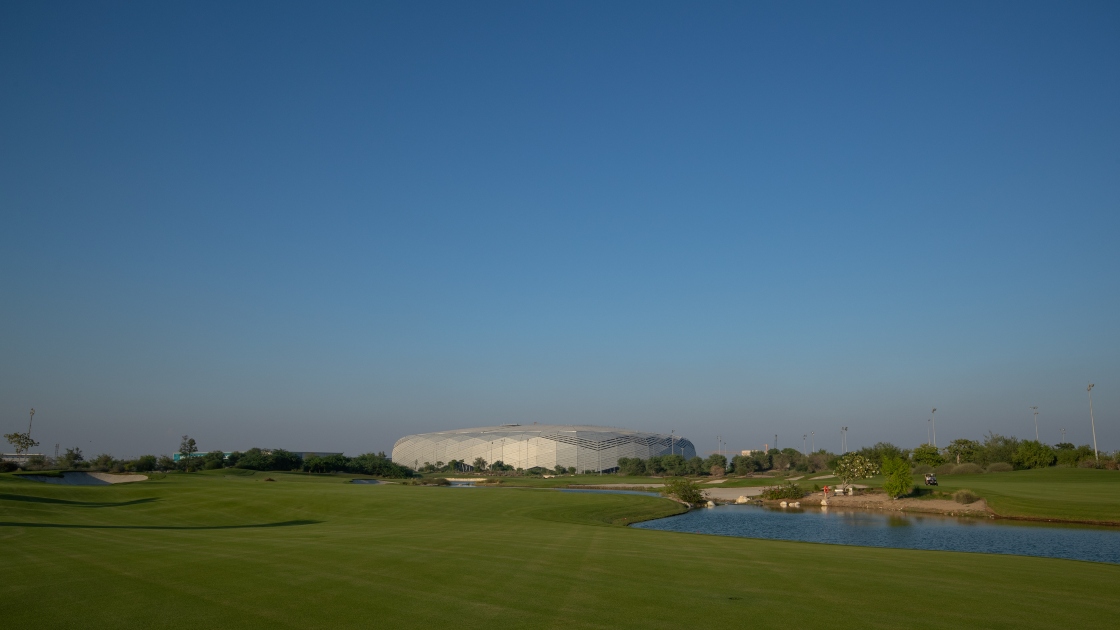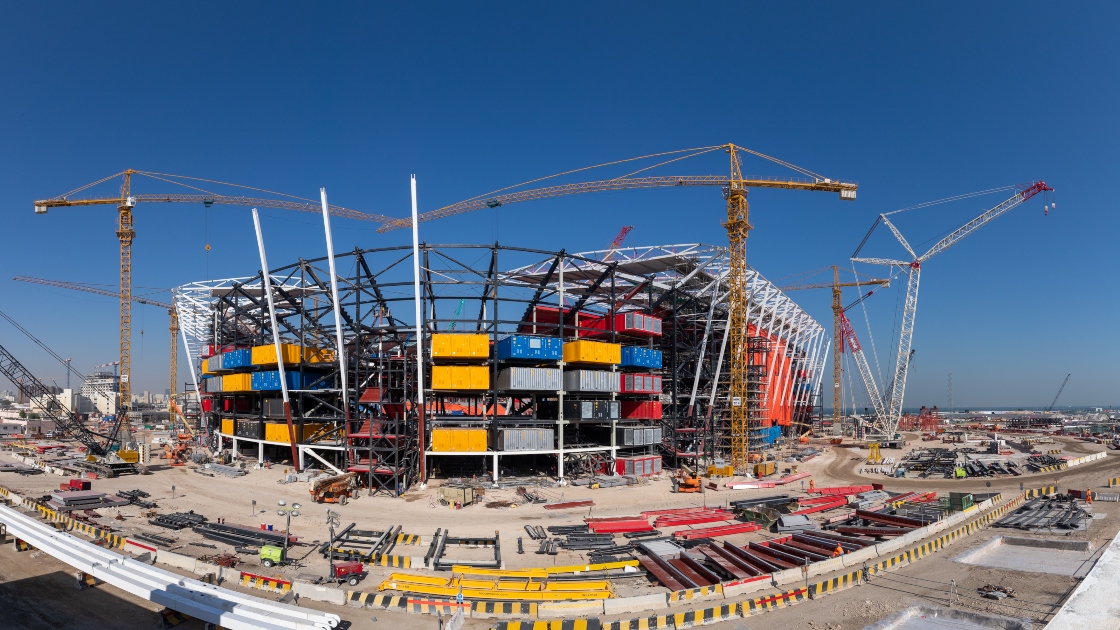

Josoor Institute collaborated with the Supreme Committee for Delivery & Legacy (SC) and FIFA to host a virtual event aimed at explaining how Qatar will deliver the first carbon-neutral FIFA World Cup™ in tournament history.
The event was moderated by Aisha Al Kuwari, the SC’s IT Planning & Governance Senior Manager, who opened the discussion by outlining the definition of carbon neutrality, which is to reduce carbon emissions to zero by cutting emissions as much as possible and balancing any remaining emissions with the purchase of carbon credits.
Engineer Bodour Al Meer, Sustainability Director at the SC, introduced Qatar’s five-step model towards delivering a carbon-neutral tournament and highlighted the bold steps taken over the past ten years.
“We have promoted the construction of low emission stadiums and new buildings, reduced energy demand wherever possible, created green spaces around stadiums, reduced air travel thanks to the compact nature of the tournament and made a rail service available to people across the country,” said Al Meer.

“We have also engaged extensively with local stakeholders through regular project updates, workshops, events on carbon-related topics and practices which can support the goal of carbon neutrality,” added Al Meer.
Federico Addiechi, FIFA’s Head of Sustainability and Environment, said issues such as climate change are changing sport, in particular football.
“The Paris Agreement and other global frameworks implemented by the United Nations, such as the United Nations Convention on Climate Change Sports for Climate Action Framework, offer FIFA and other major sports bodies committed to mitigating the impact of carbon emissions a strong platform,” said Addiechi.
“Given high stakeholders’ expectations and the planetary visibility of the largest single-sport event, FIFA’s sustainability journey has to be one of the most comprehensive in the sports world. Substantially reducing emissions is challenging, but global trends, collective action and best practices, including the climate action of Qatar 2022, are the drivers of FIFA’s commitment towards achieving that goal.”
Maryam Al Aali, Project Manager at Kahraama’s Siraj 1 Solar Project, also contributed to the discussion. Siraj 1 is one of the largest solar plants in the MENA region and is able to generate energy at a lower cost than natural gas.

Al Aali said: “Major projects such as Siraj 1 will help to reduce Qatar’s carbon footprint. Siraj 1 alone will reduce carbon emissions by an estimated 26 million tons during its lifetime. It will also strategically diversify the country’s energy mix.”
“The field of renewables is evolving and studies are ongoing on the technological and economic implications of this kind of pioneer project and the opportunity these represent in the direction of reducing emissions,” added Al Aali.
Abdulhadi Al Marri, Director of the Climate Change Department at Qatar’s Ministry of Municipality and Environment, offered the perspective of the regulator, emphasising that Qatar’s climate policy is based on sustainable development principles in order to strike a balance between the needs of the economy and the protection of the environment.
He said: “Diversifying the economy, adapting to the effects of climate change, reducing emissions, raising awareness and strengthening climate governance are now imperative. In parallel, at a global policy level, Qatar supports the UNFCC and the Paris Agreement. A strong base of research has to support any commitment and action in adaptation and mitigation.”

